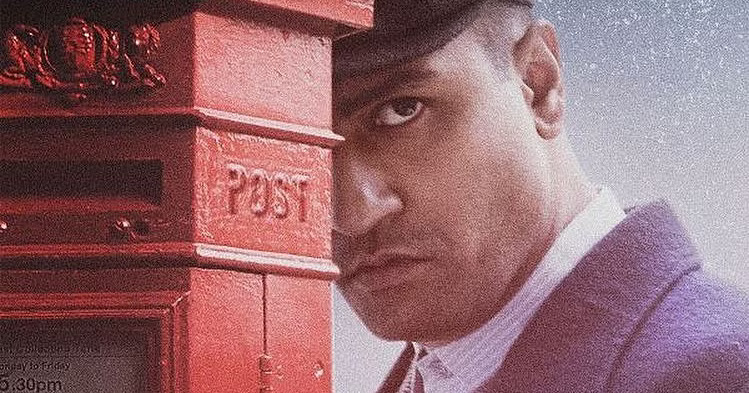Jallianwala Bagh Massacre, the tragic event in Indian history, took place on April 13, 1919, in the city of Amritsar, Punjab, during British colonial rule. The horrific incident occurred under the command of Brigadier General Michael O’Dwyer Dyer, who opened fire on a crowd of unarmed Indian civilians who had gathered at the Jallianwala Bagh public garden to peacefully protest against oppressive British policies, including the Rowlatt Act.
The massacre caused outrage across India and the world, leading to widespread condemnation of British colonial rule and further fueling the Indian independence movement. On the 105th anniversary of the Jallianwala Bagh Massacre, let us deeply connect to the story of Udham Singh, the revolutionary freedom fighter who assassinated Michael O’Dwyer, in response to the unresolved injustices of that particular day.

Watch Sardar Udham, exclusively on Amazon Prime Video, to witness the narrative that delves deep into Udham Singh’s personal and political transformations, revealing the motivations behind his commitment to the cause of Indian independence.
‘SARDAR UDHAM’ REVIEW: PLOT, CAST & CONCLUSION
Shoojit Sircar’s directorial is deeply connected to the Jallianwala Bagh massacre, which serves as a pivotal moment in the narrative and the life of its protagonist, Udham Singh. This traumatic event forms the emotional and historical backbone of the film, driving Udham Singh’s motivations and actions throughout his life.
Historical Context & Catalyst

The Jallianwala Bagh massacre is depicted in the film as a defining moment in young Udham Singh’s life. Witnessing the massacre firsthand, where hundreds of innocent Indians were killed by British troops under General Dyer’s orders, Udham Singh is profoundly impacted. The event instils in him a deep-seated desire for revenge and justice against those responsible for the atrocity.
Life as a Revolutionary

The historical drama features Vicky Kaushal in the titular role of the revolutionary freedom fighter, Udham Singh. The actor’s portrayal of Singh is intense and nuanced, capturing the revolutionary’s complex persona – ranging from a deeply wounded survivor of the Jallianwala Bagh massacre to a determined avenger seeking justice for his fallen countrymen.
After the massacre, Udham Singh got involved with the Ghadar Party, an international political movement founded by Punjabi Indians to overthrow British rule in India. The protagonist’s activities lead him across various countries, including the Soviet Union and the United States, as he gathers support and resources for the freedom struggle.
Assassination of Michael O’Dwyer

The massacre is portrayed not just as a historical event but as a personal tragedy that affected many lives. Udham Singh’s quest for vengeance is not merely political but also deeply personal. This emotional wound drives him to dedicate his life to the cause of Indian independence and to seek retribution against those he holds accountable.
The assassination took place in 1940, at a meeting in Caxton Hall, London, where Michael O’Dwyer was scheduled to speak. The film portrays this sequence with a tense and dramatic buildup. Udham Singh enters the hall, concealing a revolver. As O’Dwyer begins his speech, the atmosphere is charged with tension. Udham Singh waits for the right moment, and as he finds his opportunity, he shoots O’Dwyer, fulfilling the vow he made many years earlier.
Climax and Conclusion
The massacre is central to understanding Udham Singh’s assassination of Michael O’Dwyer in 1940, almost 21 years later, in London. The film uses this act of assassination to link directly back to Jallianwala Bagh, highlighting it as Udham Singh’s response to the unresolved injustices of that day.
Shoojit Sircar uses the tragic incident not only as a historical backdrop but as a formative and transformative element in the protagonist’s life, making it integral to the film’s narrative structure and emotional depth.
The Jallianwala Bagh massacre remains a deeply painful and shameful chapter in India’s history, symbolizing the brutality and callousness of British rule and serving as a catalyst for the country’s struggle for freedom.

